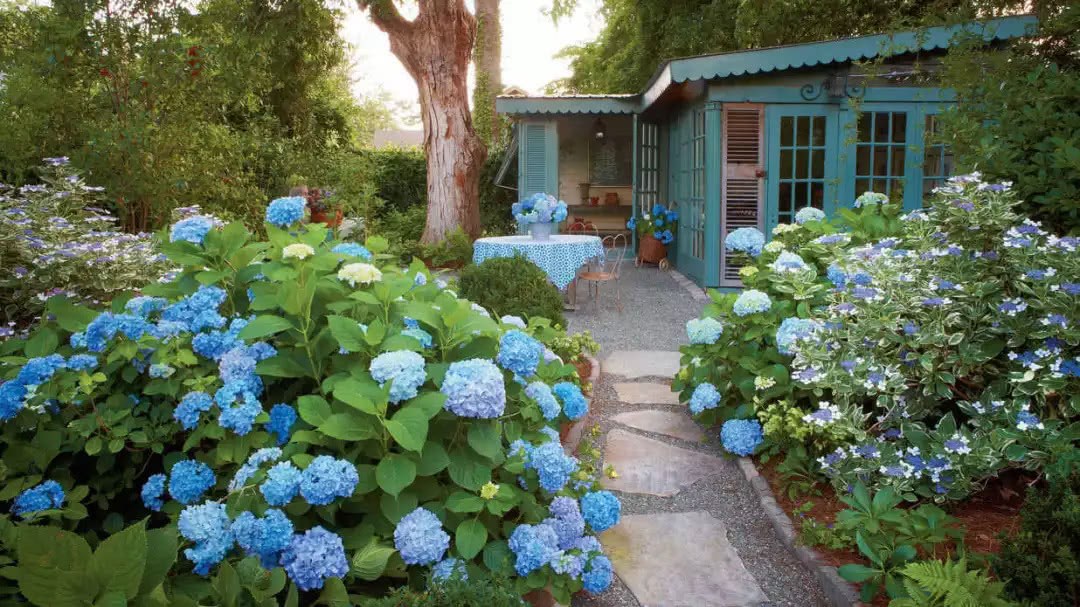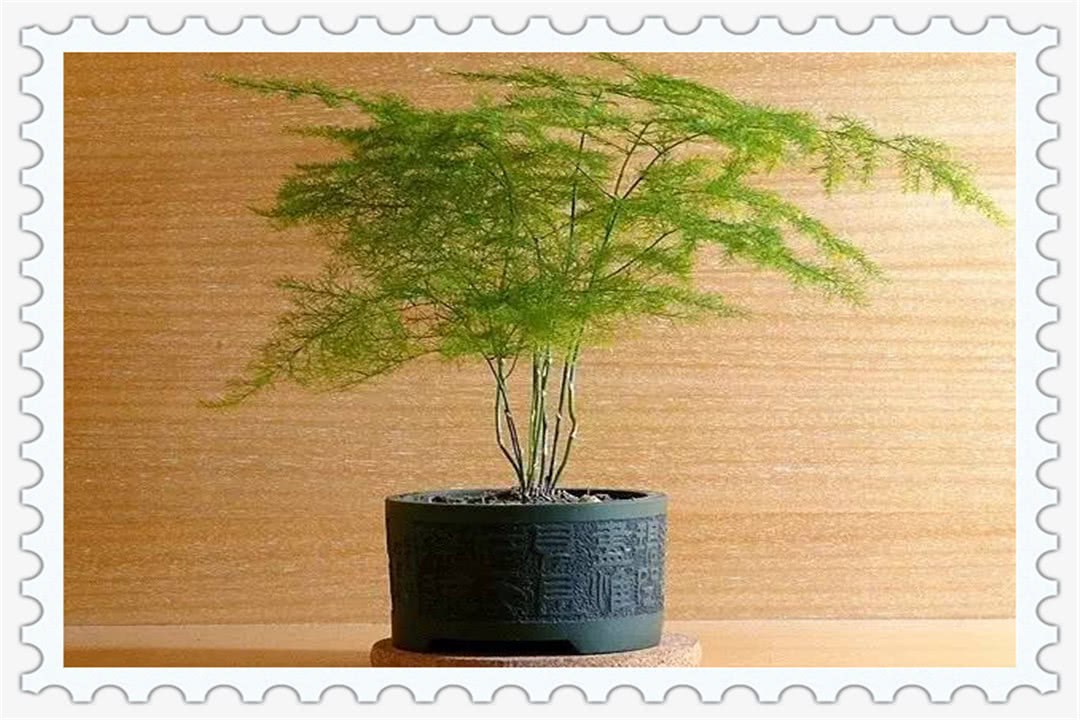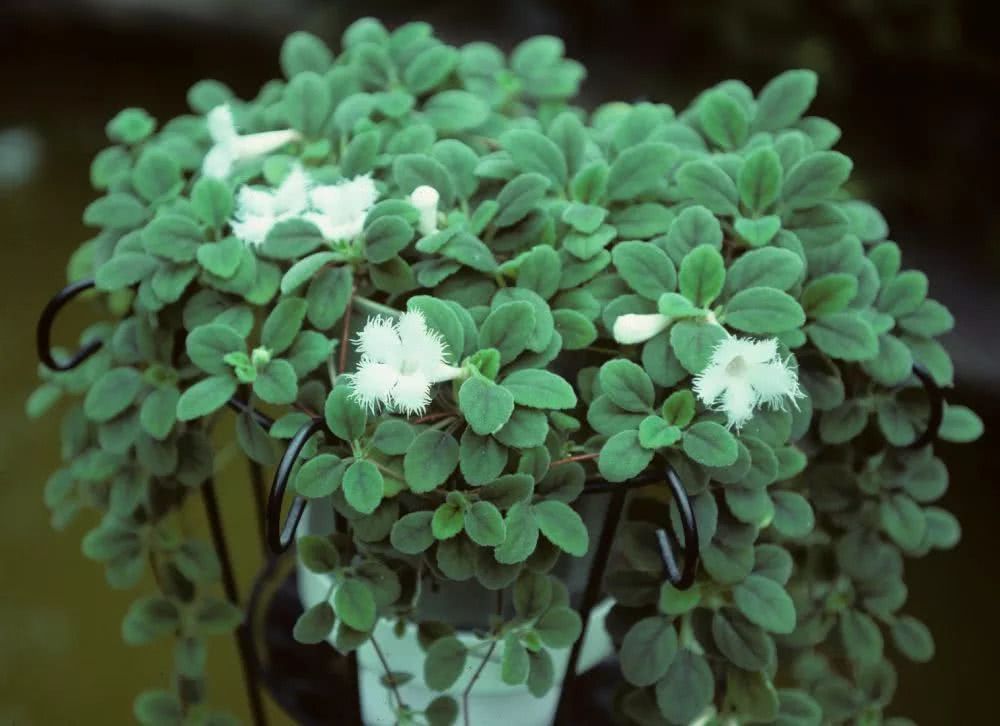Why my hydrangea has been raised for three years without flowers? what's wrong with it?

Hydrangea is a kind of semi-shady shrub flower, it has little demand for light, it is suitable to grow under the shade, but can not grow well in sunny places. If your hydrangea has not bloomed for two or three years, it may be that the plant is not old enough, or the following points have not been done well.
1. Conservation of the environment
The environment for growing hydrangea is very important. if you keep it in a position with plenty of light, the leaves of hydrangea will easily dry up and turn yellow, which will eventually cause the plant to wither.
Of course, you can not keep hydrangea in an overshaded environment, otherwise its branches and leaves will easily grow, and the branches and leaves will grow very fragile.
The best maintenance environment is ventilated and transparent, there is an appropriate environment for scattered light every day, pay attention to avoid exposure or excessive direct sunlight, do not raise in an unventilated environment.
Hydrangea conservation environment to avoid strong winds blowing, its stem is actually relatively fragile, especially in summer typhoon season, should be properly protected.
2. Pay attention to soil and watering
Hydrangea in the growing period to avoid long-term soil drought, especially in the spring and autumn season, hydrangea needs a warm and moist environment, long-term drought in the soil is easy to cause leaves yellowing, the cultivation of hydrangea should also choose loose air permeability and good drainage, the acidity and basicity of the soil is not related.
If the soil is slightly acidic, the flowers of hydrangea will turn pink; if the soil is weakly alkaline, the flowers of hydrangea will easily turn blue-purple, but there are some varieties of flowers that will not change color, which depends on the variety.
3. Replenish fertilizers regularly
In addition to the above suitable conservation environment and soil, you also need to pay attention to maintain regular replenishment of fertilizer, in the spring and summer growing season can add slow-acting organic liquid fertilizer once every two months, thin fertilizer frequently, fertilizer concentration should not be too high, give more slow-acting organic fertilizer, not too much chemical fertilizer.
4. Pruning in different seasons
Most hydrangeas are pruned in spring and summer, and pay attention to cut off the remnants in time during flowering to avoid the withered flowers consuming too much nutrients, and to cut off the pedicels in time after the flowers have withered, trimming from under the growth nodes of the two leaves below the flowers.
In the growing season of hydrangea, if there are some withered and yellowed branches and leaves on the branches, they should also be pruned, diseased branches and cross branches should also be cut off, and fungicides should be sprayed in time to avoid aggravation of the disease and maintain ventilation and light between the branches and leaves.
Another pruning time is in autumn, when hydrangea is ready to go into dormancy, you can have a larger pruning, pruning from below the pedicel branches and cutting off the smaller twigs at the top, which helps to promote the germination of more new branches. it is beneficial to breed more flowers in the coming year.
5. Dormant maintenance
If you want to make hydrangea blossom normally after spring warmth, pay attention to avoid excessive temperature in winter dormancy period, the temperature in dormancy period is about 4 degrees, and the highest temperature is not more than 15 degrees, which is helpful for hydrangea to store more nutrients and bloom better in the coming year.
- Prev

The bamboo in the pot will last for three years and the root won't cost a dime.
Asparagus is very sensitive to stagnant water, in order to avoid the root rot of asparagus, many words have to be carefully preserved, if there is no pursuit of success only hope that there is no fault. Asparagus wants to grow well and quickly is difficult, Jiang pine cones lost.
- Next

Several short-day flowers that can blossom brilliantly by giving a little scattered light on the windowsill every day
If you don't have too much light on your windowsill, no more direct light, only a little bit of scattered light, that is, weak light scattered through the gap between windows or leaves, you need to raise some short-day flowering plants.
Related
- Wuhan Hospital Iron Tree Blooming Result Was Instantly Frightened by the Gardener Master
- Which variety of camellia is the most fragrant and best? Which one do you like best?
- What is the small blue coat, the breeding methods and matters needing attention of the succulent plant
- Dormancy time and maintenance management of succulent plants during dormancy
- Minas succulent how to raise, Minas succulent plant pictures
- What are the varieties of winter succulent plants
- How to raise succulent plants in twelve rolls? let's take a look at some experience of breeding twelve rolls.
- Attention should be paid to water control for succulent plants during dormant period (winter and summer)
- Watering experience of twelve rolls of succulent plants
- Techniques for fertilizing succulent plants. An article will let you know how to fertilize succulent plants.

